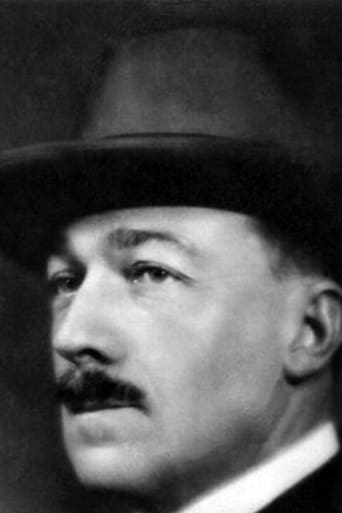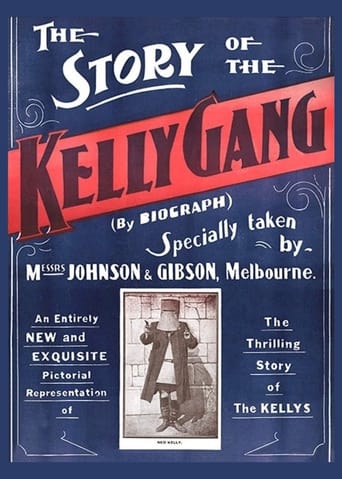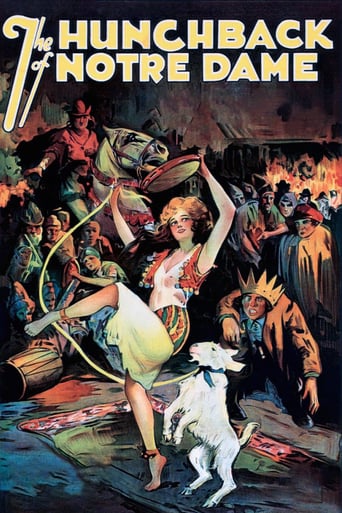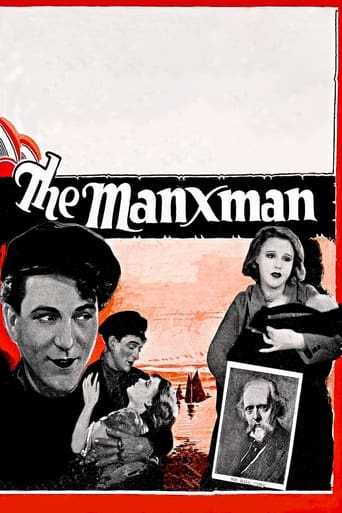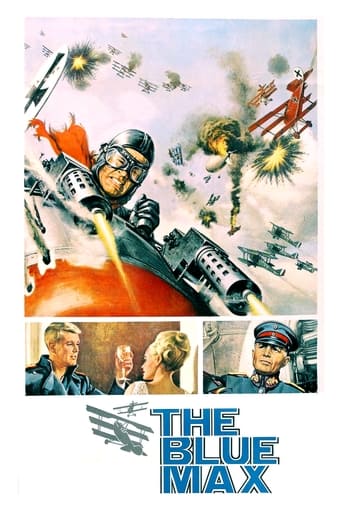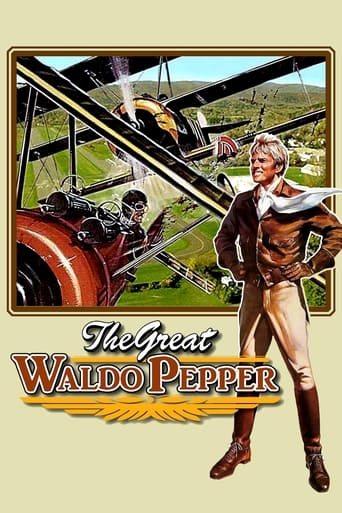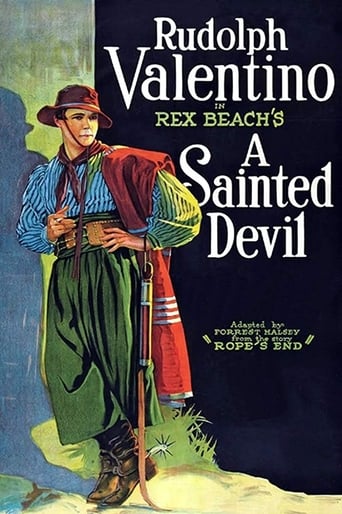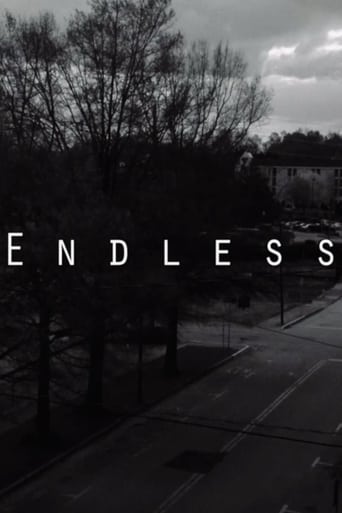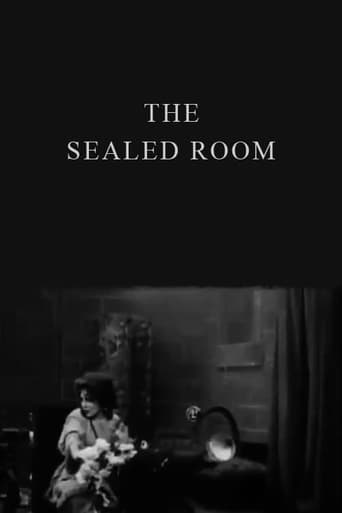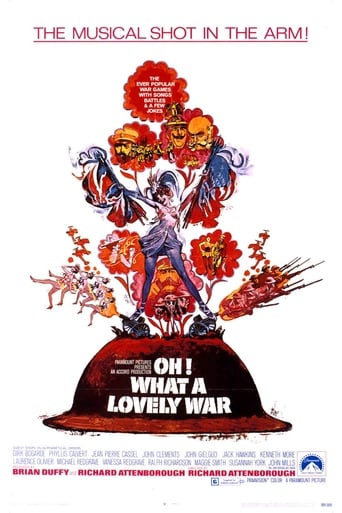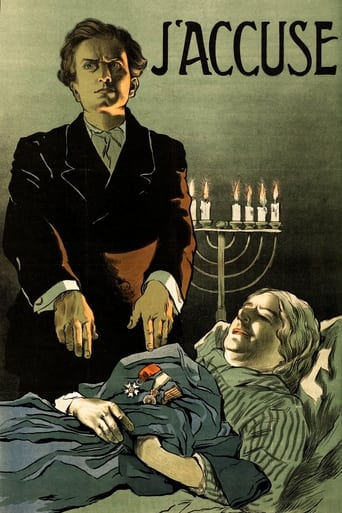
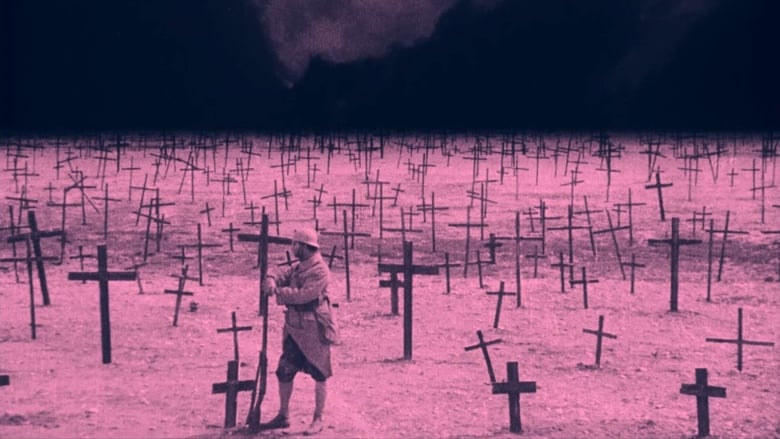
J'accuse (1921)
The story of two men, one married, the other the lover of the other's wife, who meet in the trenches of the First World War, and how their tale becomes a microcosm for the horrors of war.
Watch Trailer
Cast
Similar titles
Reviews
Thanks for the memories!
Please don't spend money on this.
It’s not bad or unwatchable but despite the amplitude of the spectacle, the end result is underwhelming.
Worth seeing just to witness how winsome it is.
I don't watch silent films quite as often as I should, but this one reminds me I should try harder once more. Most praises I've read about (this one), go out to the third and final act, which is absolutely understandable, but I was very impressed with the hour and fifty minutes before that also. How the relationship between Jean and François changes was most impressively done, both by story and by acting (especially Séverin-Mars, who plays the latter, while Romuald Joubé deserves special credit for his part in act three, when he loses his mind).This war- and love-story works on many levels. It deals with the horrors of war, but also how man (and woman and child) can overcome - though obviously not without scars. The part of the child that was conceived through rape is especially harrowing, but the love of Jean and Edith helps even the raging soldier François to gain understanding of true love - though the scene in which the child must play a German soldier with the French kids is again hard to watch.The words 'J'accuse' return many times in the film, but who is really accused in the first part of the film? The war ministers in their safe retreats, one would say? When we witness one them being struck personally by a (war) tragedy, we must conclude no. The words 'I accuse' are more likely the perfectly logical way of expressing one's desire to blame someone - anyone - for all miseries that may come about in life; in war, ánd in love. When finally Jean looks out his window and blames the sun, this seems to substantiate that idea; it is an angry, desperate rant against a 'thing' which will burn no less when it is addressed. Of course I do not mean to dismiss here the part just before that, in which the returning dead army ghosts accuse their close ones of betrayal in various ways, but their accusations are instantly cathartic to all, and both the survivors and the dead may carry on. So, I'd like to doubt the reviews I've read about this film being anti-war, Abel Gance 'simply' seems to say that horrors of these kind had better be worth the while...? Just my two cents after this first viewing.Then there is an owl (symbol of the night) who acts as the prophet of war, someone resembling 'Astérix le Gaulois' as a symbol of bravery on the side of the French soldiers, beautiful visualizations of a book of poems called 'Les pacifiques', and so on. I can't say I fully understood all of it, but I did enjoy pretty much all of it; who is then really bothered when someone looks into the camera now and then (accidentally, I presume) or when there seem to be some wrongly cut short bits here and there (again, accidentally, I presume)? And, perhaps strangely, but it worked somehow, there is room for some humourImpressive, to say the least. A big 8 out of 10.
The 2006 restoration of this amazing 1919 film presents one of the very best opportunities to learn about the period from watching a contemporaneous film. Aesthetically, it stands on its own merit as a completely engaging and emotional piece, which on the whole deserves a much wider audience. The restoration drops whatever there was of a phony happy ending in the 1922 re-release, and adds an excellent score by Robert Israel. Israel scores are a quick tip that a silent film has been given a sensitive and elegant restoration that will be very palatable to modern tastes.The story is a complex family/romantic melodrama built around a poet in love with a woman trapped in a bad marriage to a violent man. With the war, the two men become comrades in arms, and complications ensue. (I really dislike reviews that go on and on telling the film's story. If someone is going to watch the movie, it is up to the director to tell the story in his own style and at his own pace.) I believe the film is mischaracterized as an anti-war film. No one is really for war, so a realistic film like this by a veteran and using real footage will include a lot of pathos that will serve the purpose of an anti-war message. But everyone is anti-war, the difference between a pro-war and and an anti-war film is that a pro-war film blames the war on the enemy and creates situations for nobility based on service of the just cause. An anti-war film turns the proponents of war into greedy liars, emphasizes the humanity of the enemy, and creates situations for nobility based on refusal to participate in the war. So defined, this piece (like The Four Horseman of the Apocalypse - 1921) is a pro-war film.
I wish that we could read a comment from at least one of the 91 persons who gave a "1" rating to this silent film masterpiece. What were these 91 thinking? Do they hate all silents? Did they object to the length? If "J'Accuse!" is a "1," why did they suffer through its almost three-hour duration? If they gave up watching after 10 minutes, why bother to vote and muck up the weighted average, now standing at an absurd 6.4? Thank you, Turner Classic Movies, for making "J'Accuse" available to a wide audience. That network is most capably helping fill the void left by the shutting down of most of America's repertory film theaters.
The first thing to bear in mind is that there are actually two movies ,the 1919 silent film -and its watered-down editing of the twenties- and the 1937 talkie which is (and is not )a remake.The silent version was filmed when the war was just over ,using real pictures of that slaughter.That was first intended as an anti -German manifesto -but only the rape scene with the big German shadow on the wall shows it-.This is the work of a pacifist ,Abel Gance,the French David Wark Griffith .The director is in the film:he is Jean Diaz -even if he does not play the part- the pacifist poet who writes an hymn to the sun (Gance already displays his love of poetry :later in a duel in "le capitaine fracasse" and in almost the whole "Cyrano and D'Artagnan" ,the actors declaim verses);Gance's depiction of a small village has the beauty of a pastoral:this quiet nature haunts him as the final pictures of "la fin du monde" (1930) bear witness.He bows to no one when it comes to direct movements in the crowd : the inhabitants of the village gathering around the decree of mobilization is a great moment.As is the "farewell scene" : Gance uses only hands on the picture and emotion reaches unbelievable peaks.Two men are fighting in the trenches.They love the same woman ,one of them is her husband ,the other her lover (Jean Diaz).At times the movie might seem patriotic -which the remake was not at all- but Gance manages to show his disgust with war.The subtitles include moving real soldiers' letters to their family.His hero becomes mad and he thinks that soldiers should write lots of letters so that their wives would receive news long before they were dead.When he comes back to his village ,the film suddenly turns supernatural,and that's Gance's genius ,one of the most famous scenes in the French cinema,which will be even more impressive in the remake:here anger gives Gance the strength of ten.Let the Dead rise from their graves! War casualties' rise from the grave will haunt the viewer till his death."Your dead will come back,Diaz says,and they "ll ask you for an explanation! Shame on you ,unfaithful wives, war profiteers , politicians and president!A dance macabre, a skeletons' dance in a ring had already warned us.The 1937 remake -by no means inferior to the silent work- had to be different:Hitler had come to power and as Jean Renoir said that very year ,"we are on the verge of a "grande illusion" .So Gance 's snatches of patriotism had disappeared and been replaced by strength born from despair .The 1937 "J'accuse" was a distraught plea for an universal peace ,and, in spite of its grandiloquence,it still stands today as one of the greatest pacifist works of all time.Besides ,the coming of sound allowed Gance to include ferocious lines (such as : "pretty soon ,there won't be enough wood to make crosses" ) A question I will always ask myself:I wrote it in my comment on "Austerlitz" :why was a convinced pacifist such as Gance so fascinated by a warrior like Napoleon (to whom he devoted two works)?


